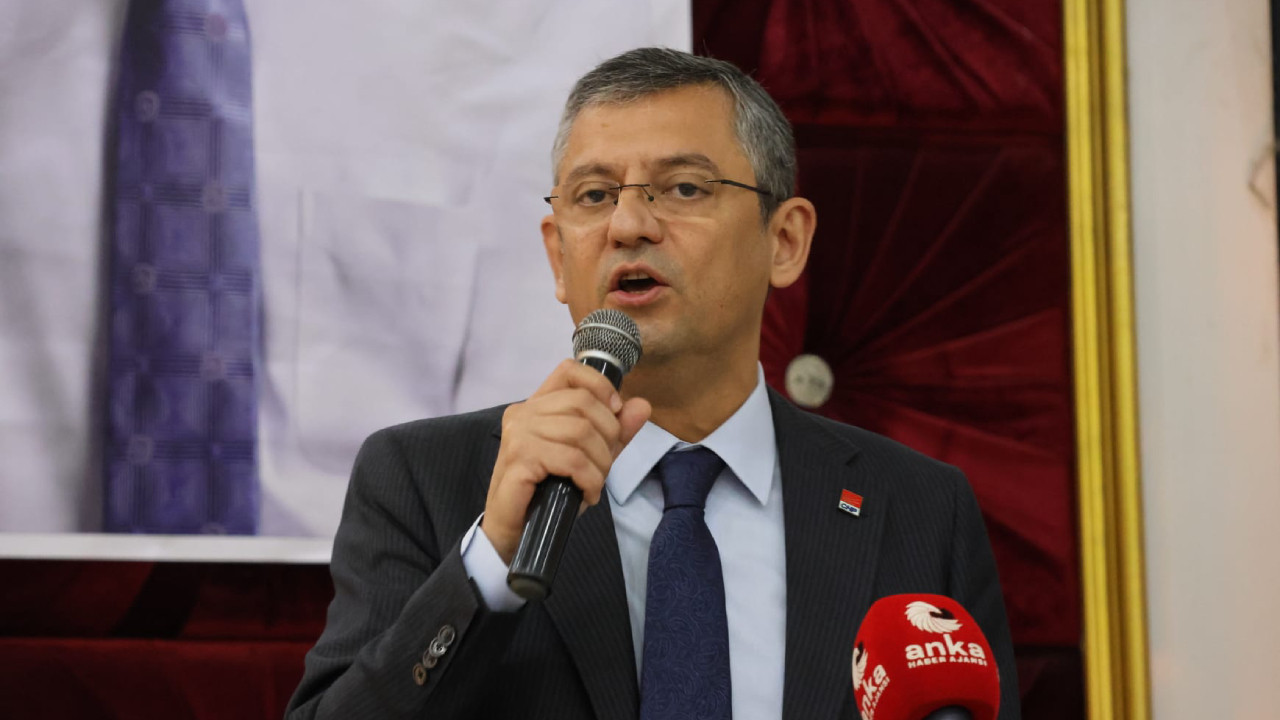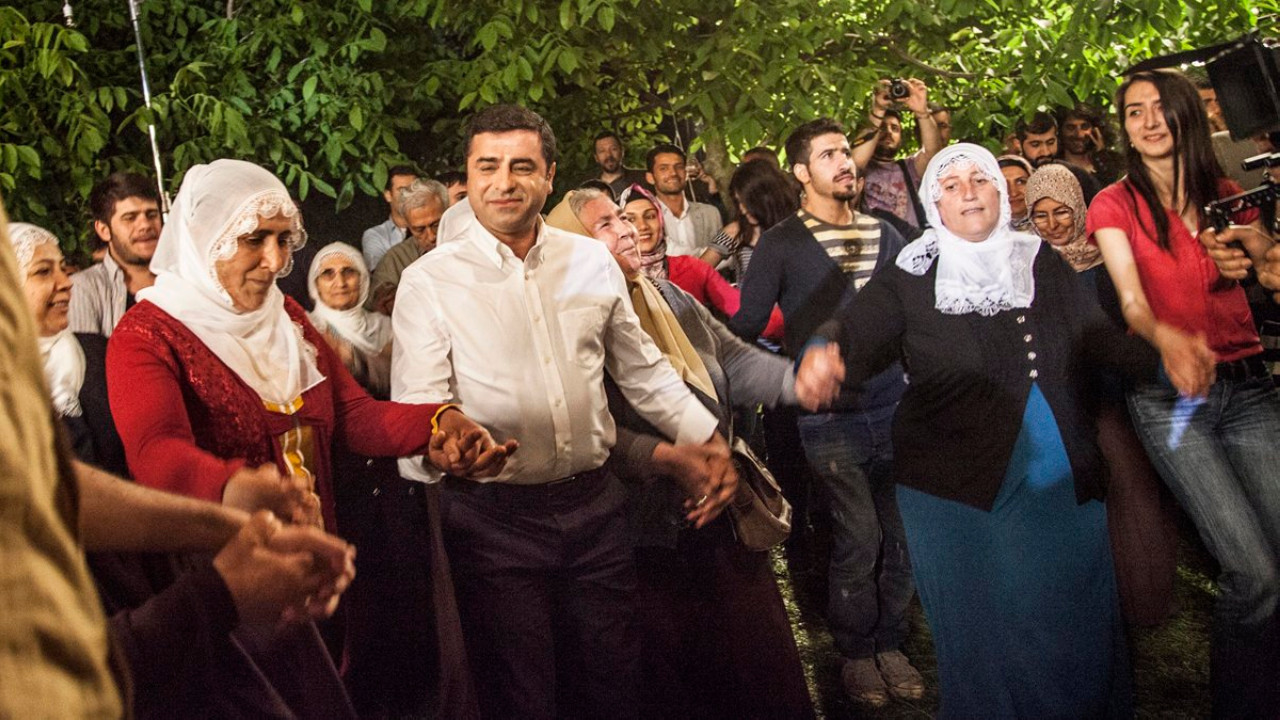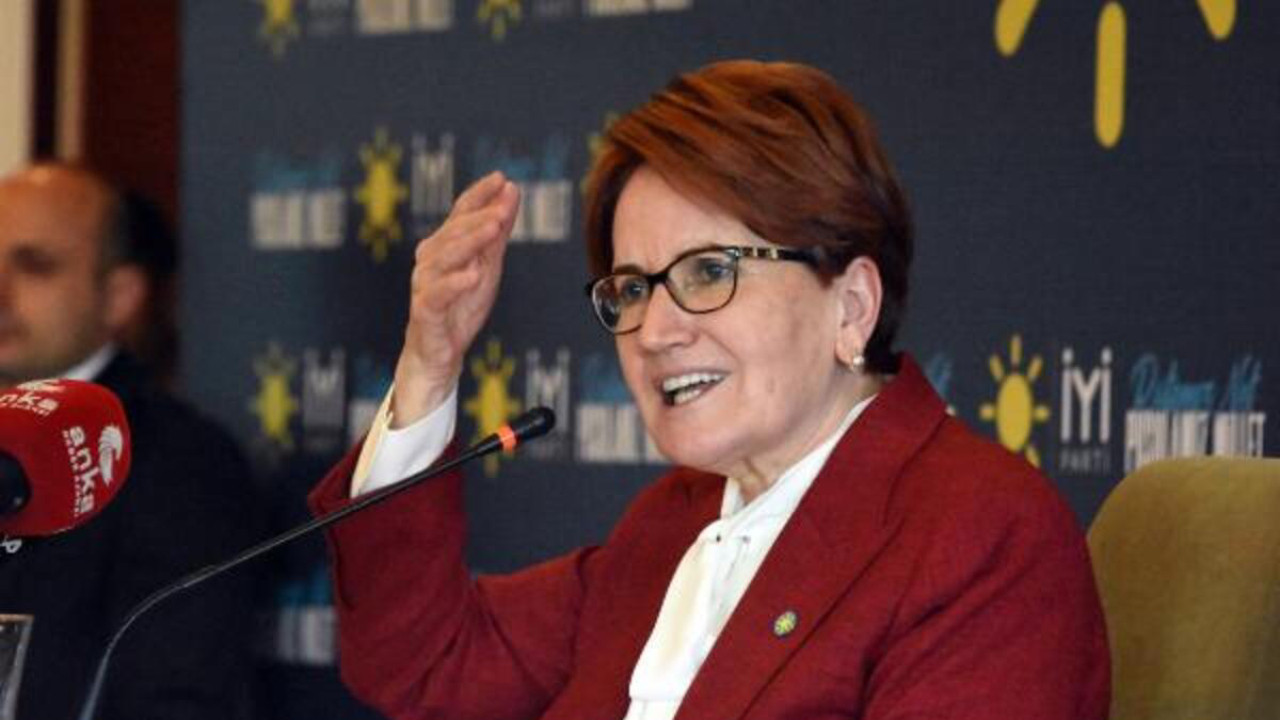Former President Gül argues 'separatist terrorism' prevented resolution of Kurdish issue
Former President of Turkey Abdullah Gül has stated that “separatist terrorism” backed by international powers prevented the resolution of the Kurdish issue. He added that a true solution would have strengthened all citizens' loyalty and sense of belonging to Turkey.
Duvar English
Former President of Turkey Abdullah Gül on Oct. 14 reflected on the Kurdish issue and said “separatist terrorism” prevented the resolution of it.
Gül spoke at the Abdullah Gül University’s “Centennial of the Republic” reception and said, “If we could have tackled the (Kurdish) problem with great self-confidence and within the framework of democratic and fundamental rights and freedoms, we could have strengthened the belonging and loyalty of all our citizens to the country and prevented the issue from reaching regional dimensions.”
“Unfortunately, separatist terrorism, to which first the Soviets and Russia, and then the American forces, provided logistical support in line with their own regional interests and priorities, created an obstacle to our country's internal peace and economic development,” he argued.
Gül also touched upon the new constitution draft of the government during his speech and said that the proposal should be evaluated with an open mind. Gül thus became the first figure from outside the People’s Alliance to declare support for the draft constitution.
Gül said, “Turkey deserves to enter its new century with a new modern constitution, that carries the democratic state concept in both letter and spirit.”
Gül added that the need for a new constitution is obvious, as the current constitution had “deficits and contradictions” after many revisions.
Former Prime Minister and Foreign Minister from the ruling Justice and Development Party (AKP), Abdullah Gül was the President between 2007 and 2014 prior to Recep Tayyip Erdoğan. Gül was considered as a potential candidate against Erdoğan for the 2018 presidential elections for the main opposition Nation Alliance.
Between 2013 and 2015, the Turkish government and the Kurdistan Workers’ Party (PKK) maintained a fragile ceasefire in a move to resolve the Kurdish issue. Through the peace process, government and intelligence officials would meet with jailed PKK leader Abdullah Öcalan on the İmralı Island, with Peoples’ Democratic Party (HDP) lawmakers acting as mediators and go-betweens, conveying messages to the PKK’s military leadership in Qandil Mountains. However, after two years, the peace process fell apart and the conflict resumed.

 CHP leader candidate Özel vows to resolve Kurdish issuePolitics
CHP leader candidate Özel vows to resolve Kurdish issuePolitics Selahattin Demirtaş explains 'Kurdish question for beginners'Politics
Selahattin Demirtaş explains 'Kurdish question for beginners'Politics Akşener says Kılıçdaroğlu offered former President Gül as presidential candidate in 2018Politics
Akşener says Kılıçdaroğlu offered former President Gül as presidential candidate in 2018Politics